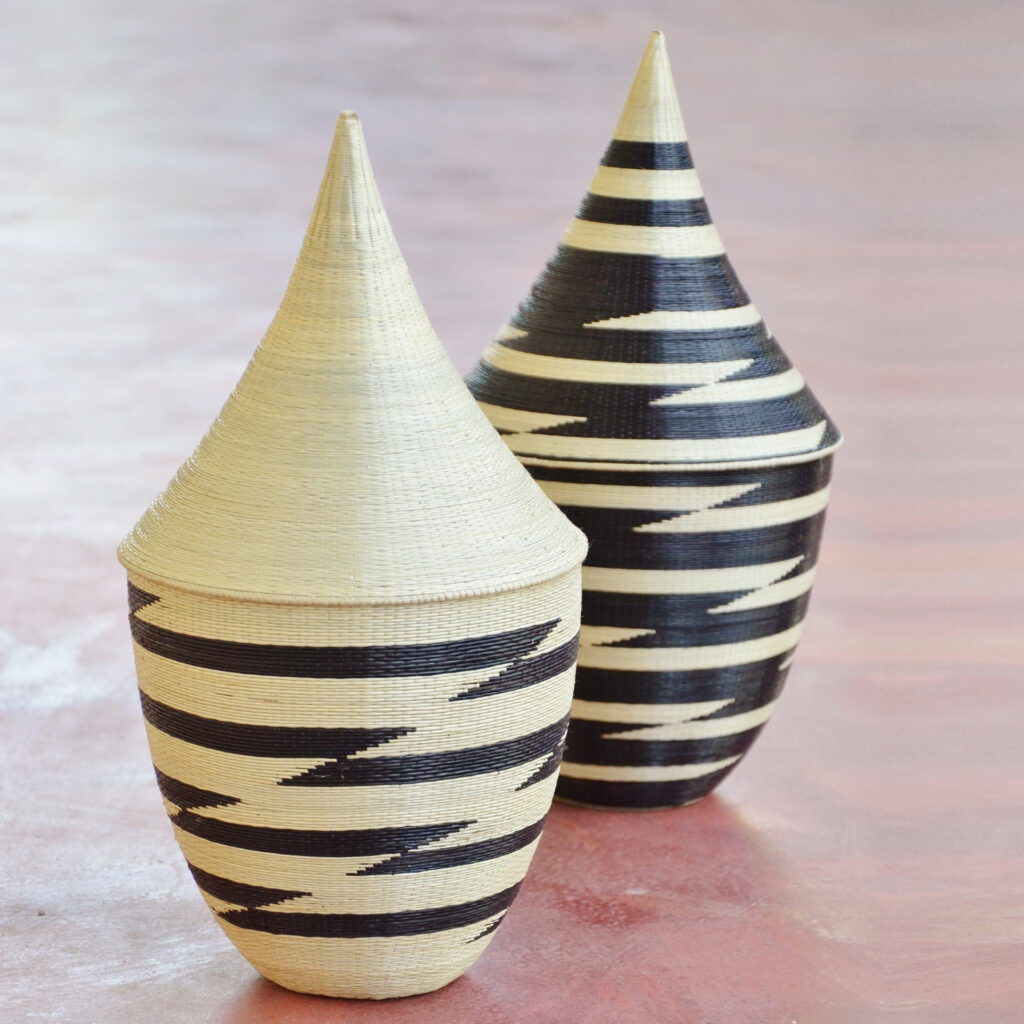Culture is one of the fundamental pillars of any society — and for Rwanda, it is a source of identity, unity, and pride. It is more than traditional attire or dances; it encompasses a people’s way of life, values, beliefs, behavior, worldview, and historical memory.
Rwandan culture has been shaped by generations of shared experiences, community living, and collective wisdom. Despite facing many historical challenges, it has remained a compass that guides Rwandans in how they relate to one another and to their country
Rwandan culture is rich and multifaceted. It includes various elements that define how people live and interact.
Historically, Rwandans wore garments made from animal hides or woven fabric. Men draped themselves in long cloths over one shoulder, while women wore elegant wrap skirts (imikenyero). Today, such attire is still proudly worn during cultural ceremonies and official celebrations.
Dance, Music, and Poetry
Traditional Rwandan dances like Intore, Umushayayo reflect courage, grace, and celebration. These are accompanied by drums and songs rich in meaning. Proverbs, riddles, and oral poetry also serve as tools for education and entertainment.
Ceremonies and Beliefs
Cultural practices such as bride price ceremonies (inkwano), harvest festivals (Umuganura), and hospitality customs were essential in strengthening family and community bonds. Even today, these traditions continue to play symbolic roles in society.
Art and Craftsmanship
Rwandan artistry is deeply cultural — particularly in weaving. The famous “Agaseke” peace basket symbolizes love, generosity, and dignity. Traditional crafts, including pottery and woodwork, reflect the creativity and spirit of the Rwandan people.

Today, culture remains essential in teaching youth about national identity, instilling moral values, and shaping Rwanda’s image on the global stage.A Reminder for All Generations
As the world rapidly changes due to technology and globalization, Rwandans are called upon to preserve and protect their heritage. Culture must not be seen as something for the past or for the elderly it is a shared responsibility across generations.
To preserve Rwandan culture is to protect the soul of the nation.

